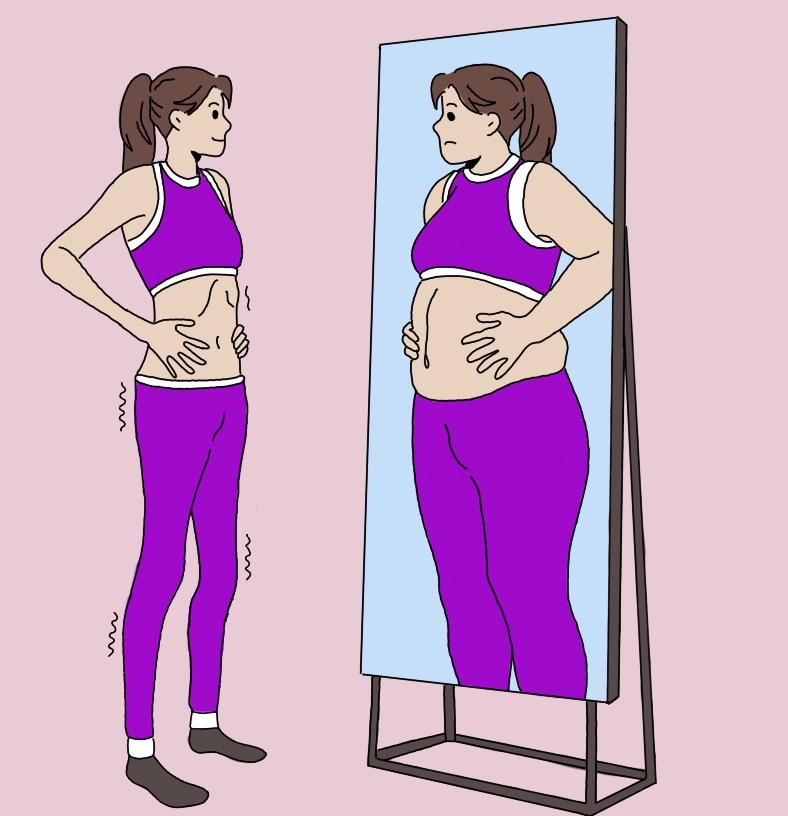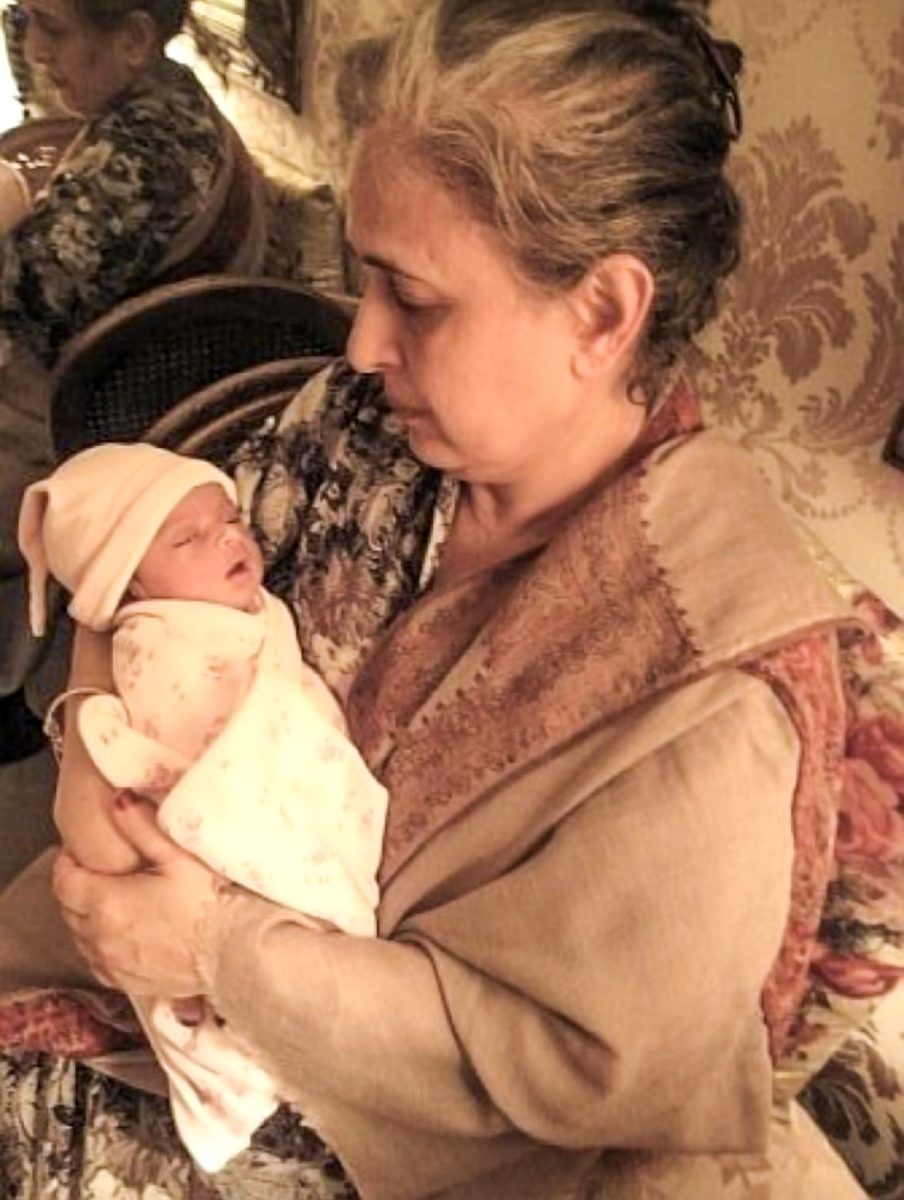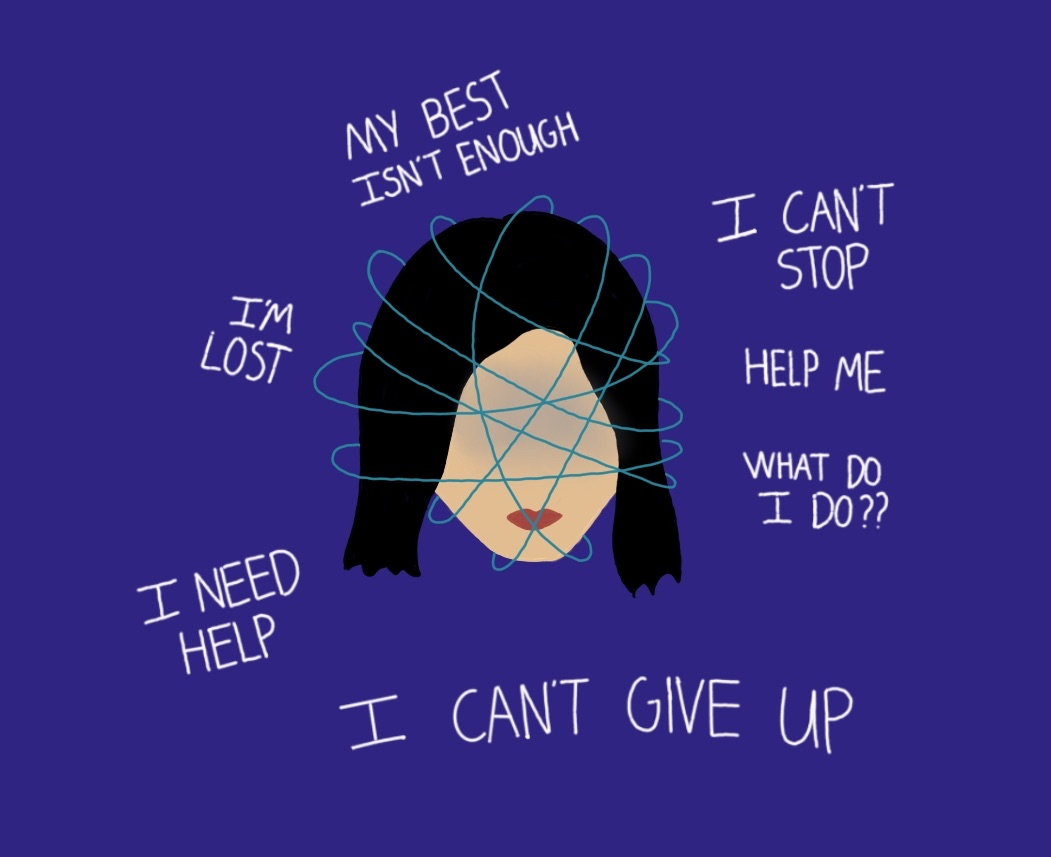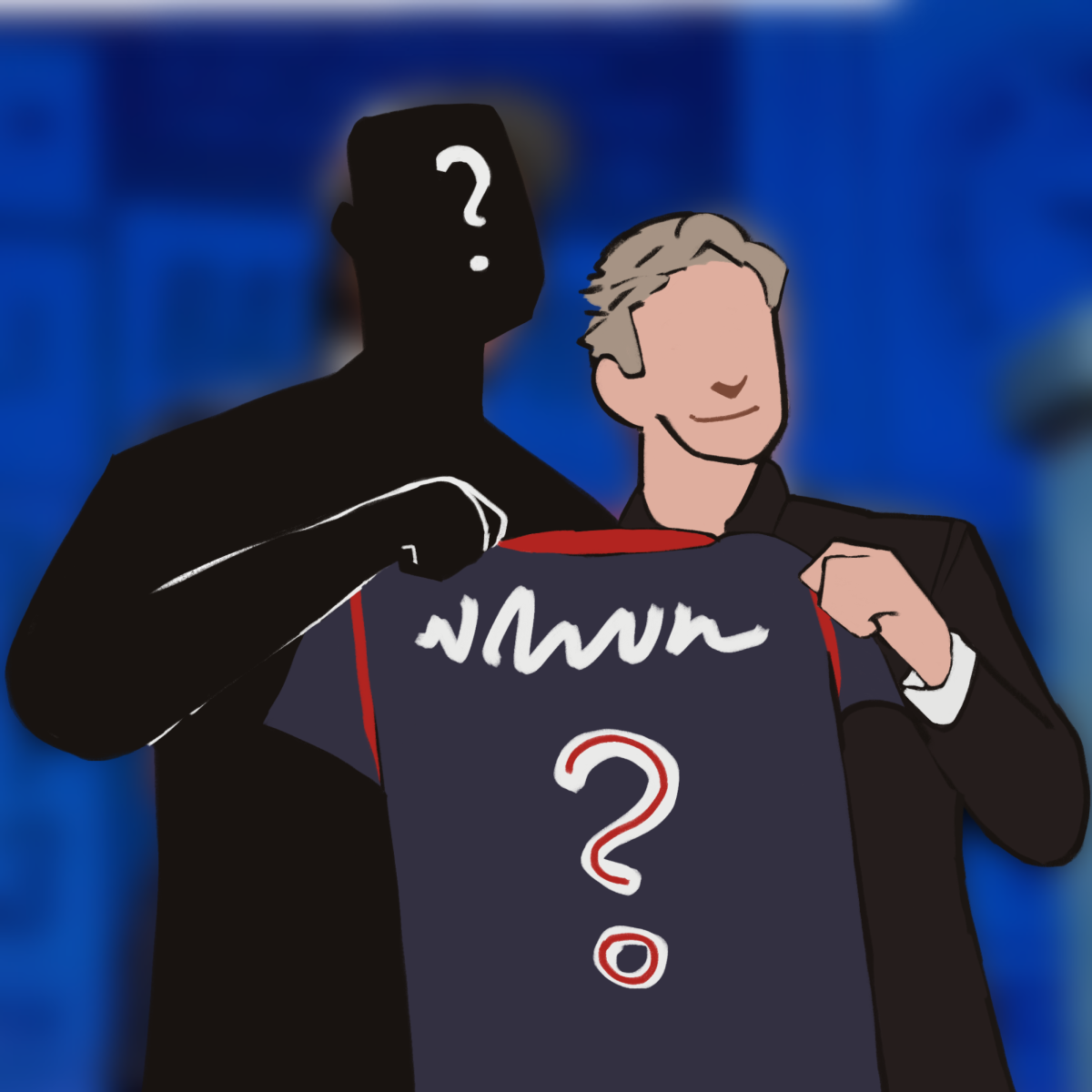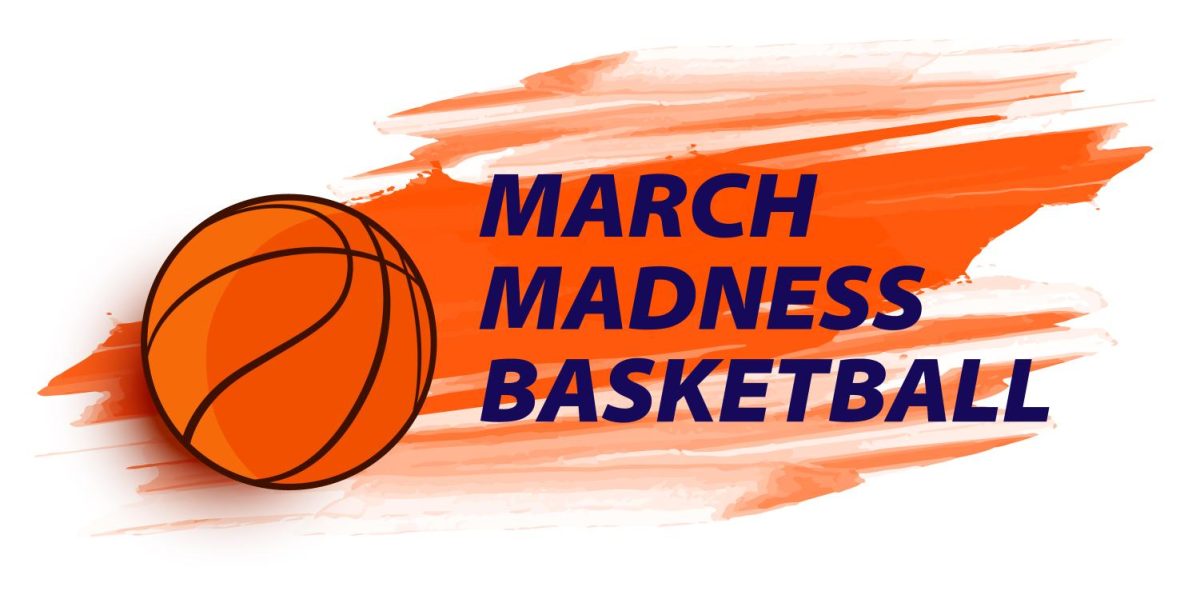“I’ll just not eat tomorrow.”
The cycle always starts here — it feels liberating at first, losing your first five or 10 pounds. But what happens when you lose control and the same diet or exercise routine just isn’t working?
Thankfully for you, online communities exist where others who are just like you come together to ‘help.’
This scenario is happening to many worldwide because of the misrepresentation and villainization of eating disorders. The United States has had a steady increase in EDs since the pandemic, yet no one is talking about it, which has led many to go down a darker path. Why find help if the only word of advice is to “just eat a burger” or to “just go to the gym”? In reality, it will never be that simple for these individuals — these are mental illnesses, not physical illnesses.
When I was struggling with an eating disorder I felt marginalized because of jokes revolving around having one. For many, it is easy to joke about not eating for days or even purging (taking laxatives or making yourself throw up) because they’ve never been in that situation. But I lived through those jokes everyday. Knowing that people found humor in the dilemma I was in felt uncomfortable and it made me less likely to speak up. Jokes are connected with unseriousness — when coupled with EDs, it paints the issue as less grave, despite it being a dangerous and fatal matter.
The question of “who would actually care?” echoed through my mind when I heard the same invalidating one-liners about being too skinny or too big.
Eating disorders are often framed as a ‘phase’ of life or a way to get attention. ‘Simple’ fixes like “just eat less” or “just eat more” don’t take into account that developing an unhealthy body image and/or unhealthy eating habits spans years. The ‘quick fix’ solution doesn’t exist and even when you recover, it will follow you everywhere.
Many have also been told that their only goal is to get attention. I remember when I was at my lowest, being told that I only wanted to look sick for vanity purposes and having my complex feelings being boiled down to that was disheartening.
People who fall victim to developing an ED do so from extensive conditioning – it was never a choice I made. The misconception that only thin people can have EDs ties back to how most think of it as a physical, weight-impacting disorder despite the illness’ deep psychological aspect. It also tosses any regard for binge eating disorder or bulimia nervosa out the door. Both can cause the individual to become overweight or remain at a ‘healthy’ weight. This contrasts society’s image of a bone thin individual, effectively silencing those suffering with BED or bulimia.
If the general public shuns and waters down eating disorders to nothing more than a phase concerned with looks, these vulnerable people will seek comfort elsewhere.
Forums on various platforms (most notably X, Tumblr and more recently, TikTok) have erupted in popularity. Mental health is still a taboo subject and many still people feel ostracized. There is often crossover with individuals dealing with depression, anxiety or other mental illnesses coupled with an eating disorder.
When you dig deeper, these groups don’t just contain venting or adorned ‘fasting’ schedules — there is a much darker side to it all. People will often post pictures of themselves or others, offering it as ‘inspiration.’ “Thinspo” and “bonespo” are common tags used under these images that depict ultra-thin/bony bodies. Individuals also post themselves asking for advice or to show progress. Responses under these threads are even more disturbing, often filled with aspirations to look like the image or encouragement to lose more weight.
Everyone in these forums becomes swallowed by these ideologies. They become desensitized, and nothing is ever low enough for them. The kind words, dainty decor and emojis mask how horrifyingly sick everyone is. Some are dying and they don’t realize it because of the ‘positive’ affirmations they receive. The feeling of belonging that is sought in these forums is a result of our reluctance to acknowledge how prevalent EDs are and have been.
Combatting this stigma is possible by simply reading more into what an ED is. Articles from the National Eating Disorders Association is a great way to start educating yourself.
When society decides to open their eyes to how fatal these diseases are, only then can it truly start healing.


